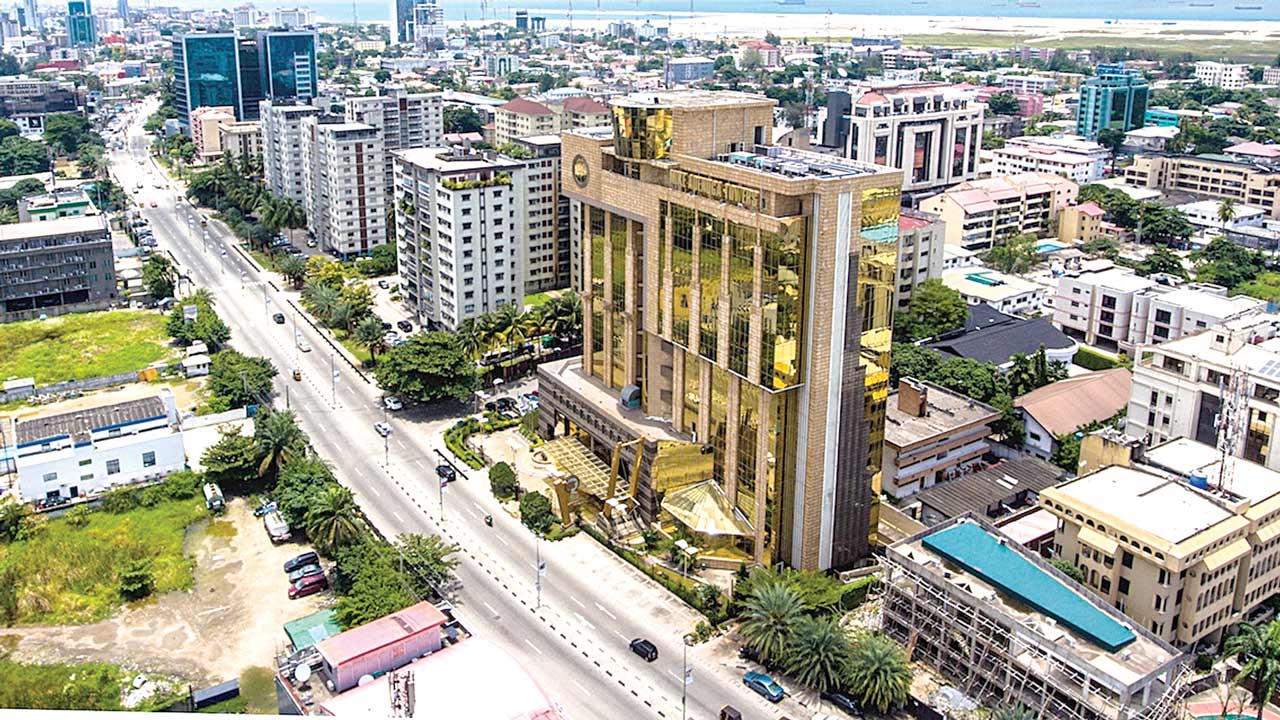Written by Samer Hasn, Senior Market Analyst at XS
Gold continues to reap historic gains today, touching $2,758 per ounce for the first time.
Gold’s rise comes amid heightened political uncertainty, driven by the approaching U.S. presidential election and the tightening poll results between the candidates. The absence of any near prospect for a ceasefire on any of the Middle East’s raging fronts also keeps the yellow metal’s appeal high.
While gold’s continued rise despite the strength of the US dollar and rising Treasury yields seems to reinforce the hypothesis that this rise is driven by increasing uncertainty rather than hope for lower interest rates.
With less than two weeks to go until the presidential election, we see no clear lead for either candidate over the other. Meanwhile, Kamala Harris is 1.7 percentage points ahead of Republican candidate Donald Trump in the average of the polls, according to FiveThirtyEight.
This closeness in the polls may reduce bets on risky assets, which may be volatile sharply after the results are announced, and at the same time, it may boost demand for safe assets.
During the previous two sessions, the largest physical gold exchange-traded fund, SPDR Gold Trust (GLD), attracted net positive inflows of about $580 million, while the iShares Gold Trust (IAU) recorded about $82 million in inflows during the same period.
However, Wall Street does not seem to share the same views. The Wall Street Journal talked about the increasing bets by hedge funds on the possibility of a Donald Trump victory. Some are betting on further strengthening of the dollar as Trump imposes tariffs and reignites trade wars.
This will fuel inflation, which in turn is reflected in the rise in long-term Treasury yields, which reflect expectations of future interest rate hikes.
This in turn may be a negative factor that pressures gold to curb its gains, but in contrast, the International Monetary Fund sees high uncertainty about the future. The trade war and tariffs would disrupt global supply chains and hinder growth in the medium term.
Further, in the Middle East, we have seen increasing talk from the US administration about pushing for a ceasefire, especially with Secretary of State Antony Blinken’s visit to Israel. However, I do not believe that this will lead to any tangible progress towards stopping the war on any of the regional fronts.
Egypt has presented a small proposal for a temporary ceasefire in Gaza. However, this proposal does not seem to lead to anything, especially since the far-right ministers in Israel are opposing it, according to what Israeli officials told Axios earlier this week.
This is regarding a temporary ceasefire, while reaching an agreement for a permanent ceasefire and ending the war will be even more difficult. Hamas also may not accept the return of the hostages unless the war stops, according to The New York Times.
As for Lebanon, Israel has sent to US the conditions for ending its war there, which are believed to be unacceptable to Lebanon because they constitute a violation of sovereignty, according to Axios as well. The conditions include granting Israel the freedom to carry out military operations inside Lebanon.
In addition, Nicholas Kristof says in an opinion piece in The New York Times that he is skeptical about capitalizing on the “opportunity” to stop the war after the killing of Hamas leader Yahya Sinwar due to the lack of significant pressure from the US administration on Israel. He also believes that the momentum around this opportunity may fade in the coming days as the escalation worsens if Israel attacks Iran, prompting the latter to carry out a counter-response.
Instead of seeking to reach an agreement to stop the war, we see growing momentum inside Israel for the idea of resettling the Gaza Strip, which contradicts any peace efforts. The Wall Street Journal mentioned further promote for this idea by members of Prime Minister Benjamin Netanyahu’s Likud party, which describes itself as liberal, and this comes in conjunction with the escalating rhetoric of the extreme religious right about resettlement.
Accordingly, I believe that the increasing talk about the hope that a calm is approaching in this regional war is exaggerated and it will diminish with the coming rounds of escalation.

 Education4 weeks ago
Education4 weeks ago
 News3 weeks ago
News3 weeks ago
 Business3 weeks ago
Business3 weeks ago
 Technology3 weeks ago
Technology3 weeks ago
 Investment4 weeks ago
Investment4 weeks ago
 Investment3 weeks ago
Investment3 weeks ago
 Telecommunications4 weeks ago
Telecommunications4 weeks ago
 Banking Sector3 weeks ago
Banking Sector3 weeks ago



















